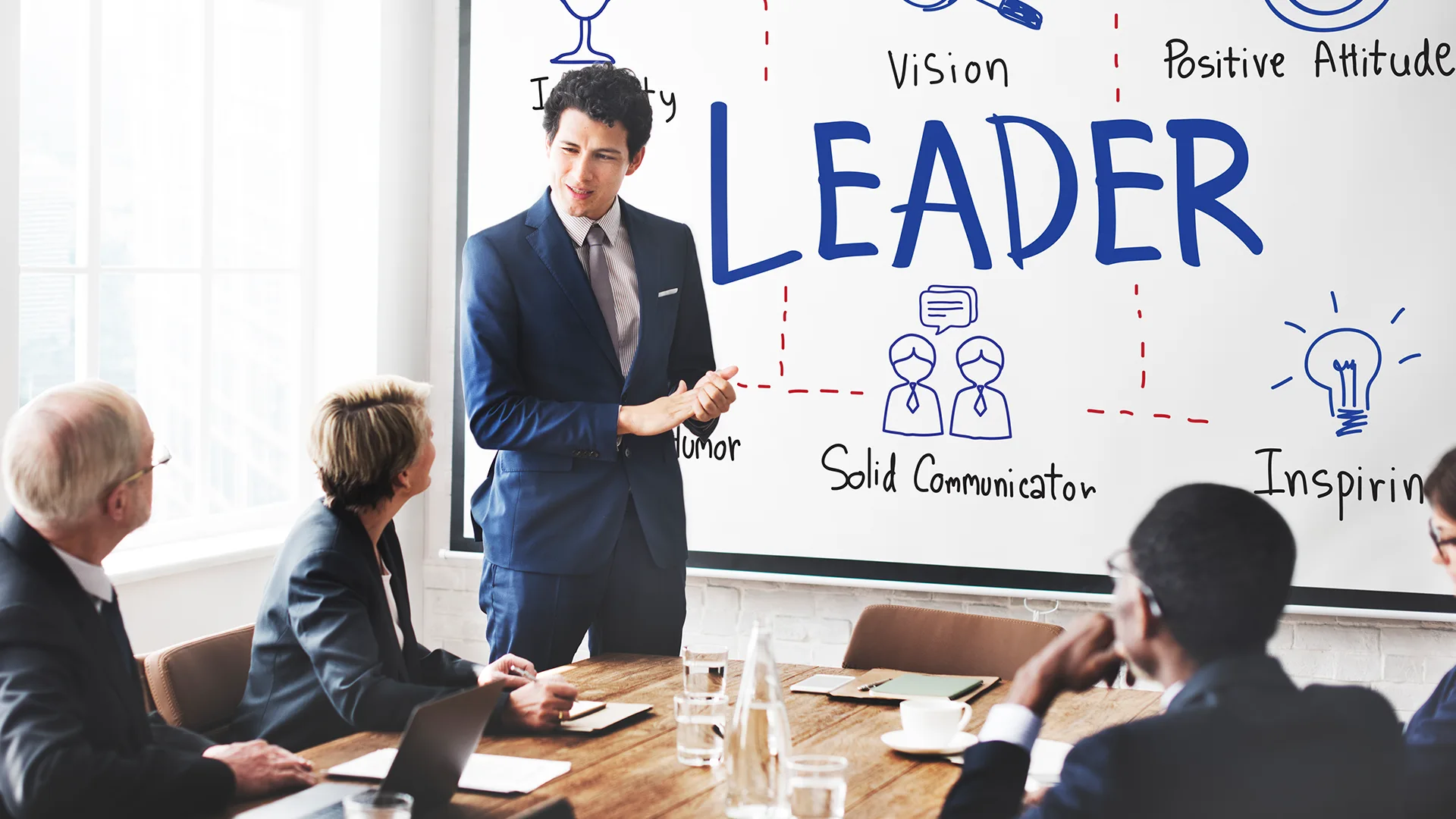
Newsletter Subscribe
Enter your email address below and subscribe to our newsletter

Enter your email address below and subscribe to our newsletter

Imagine a group that starts full of energy but soon loses focus. Misunderstandings grow, communication breaks down, and motivation fades. It happens in many workplaces at some point. What usually makes the difference between a struggling team and a thriving one isn’t more tools or tighter deadlines — it’s leadership.
When people feel supported, guided, and inspired, the whole group works better together. That’s where structured learning experiences help. Interactive programs and guided sessions strengthen essential soft skills and build lasting trust.
In this article, we’ll explore how the right kind of workshops can help people become more connected, confident, and capable of handling challenges together.
A healthy team doesn’t appear overnight. It grows through steady guidance, clear direction, and respect. When leaders create a sense of safety and purpose, people share ideas more openly. This not only boosts collaboration but also helps reduce workplace tension. Strong leadership also means setting realistic goals and showing how each effort matters.
For instance, when a manager listens actively during check-ins, others feel valued and engaged. It’s no surprise that companies with focused leadership programs see better outcomes. A supportive leader helps shape an environment where people perform at their best and progress feels collective rather than individual.
Workshops go far beyond ordinary training. They combine learning, reflection, and practice in real situations. Participants might take part in role-play, problem-solving exercises, or group discussions that mirror workplace challenges. These experiences build confidence and communication skills that apply immediately.
Well-designed leadership development workshops help participants strengthen their ability to collaborate and lead with clarity. Many businesses trust well-established organizations like Essemy, which design leadership programs grounded in real workplace dynamics and measurable outcomes. Their structured approach ensures that every session helps participants grow into confident, capable leaders.
For example, a short group exercise where individuals solve a problem together shows how different personalities complement one another. Each activity is designed to make people think, adapt, and respond collectively.
When a team understands its purpose and values, collaboration becomes natural. Workshops help create this shared direction. They often include goal-setting sessions or open discussions that encourage people to reflect on what’s working and what isn’t. This builds trust and reduces silos between departments.
Some common outcomes include:
For instance, a team might use a workshop to redesign how they share updates. Instead of long meetings, they agree to short check-ins, creating smoother workflows. These small but meaningful adjustments strengthen engagement and harmony over time.
A workshop’s success depends on what happens afterward. The best results appear when leaders continue the conversation and keep learning active.
Asking questions like, “What have you tried since the session?” or “How has your approach changed?” maintains momentum. This feedback loop helps new habits take root.
Groups that keep learning together usually find creative ways to solve challenges. For example, one team may develop a shared code of conduct to guide them during conflict. Open communication like this turns short-term enthusiasm into steady improvement that supports both people and performance.
Growth only matters when it’s visible. Organizations can track progress through several key indicators. Improved satisfaction, better project delivery, and lower turnover are good signs that leadership development is working. Some businesses also see quicker onboarding because their leaders know how to support new hires effectively. Pre- and post-session surveys are useful for tracking these outcomes. They provide insight into what people have learned and how behavior has shifted. A team that regularly measures its progress builds awareness and accountability. It’s about forming habits that sustain long-term improvement, not just moments of motivation.
Not all training creates change. The most impactful workshops share a few vital features that make learning last.
For instance, a company might host a leadership workshop about decision-making, then revisit those strategies in the next quarterly review. When this happens consistently, growth becomes part of daily culture rather than a single event.
Strong, united teams are built through consistent learning, trust, and shared growth. Workshops give people the tools and awareness to develop these qualities together. They nurture leaders who guide with empathy, communicate with clarity, and motivate others through action. Over time, these experiences shape workplaces where collaboration thrives and every member feels part of something meaningful and lasting.